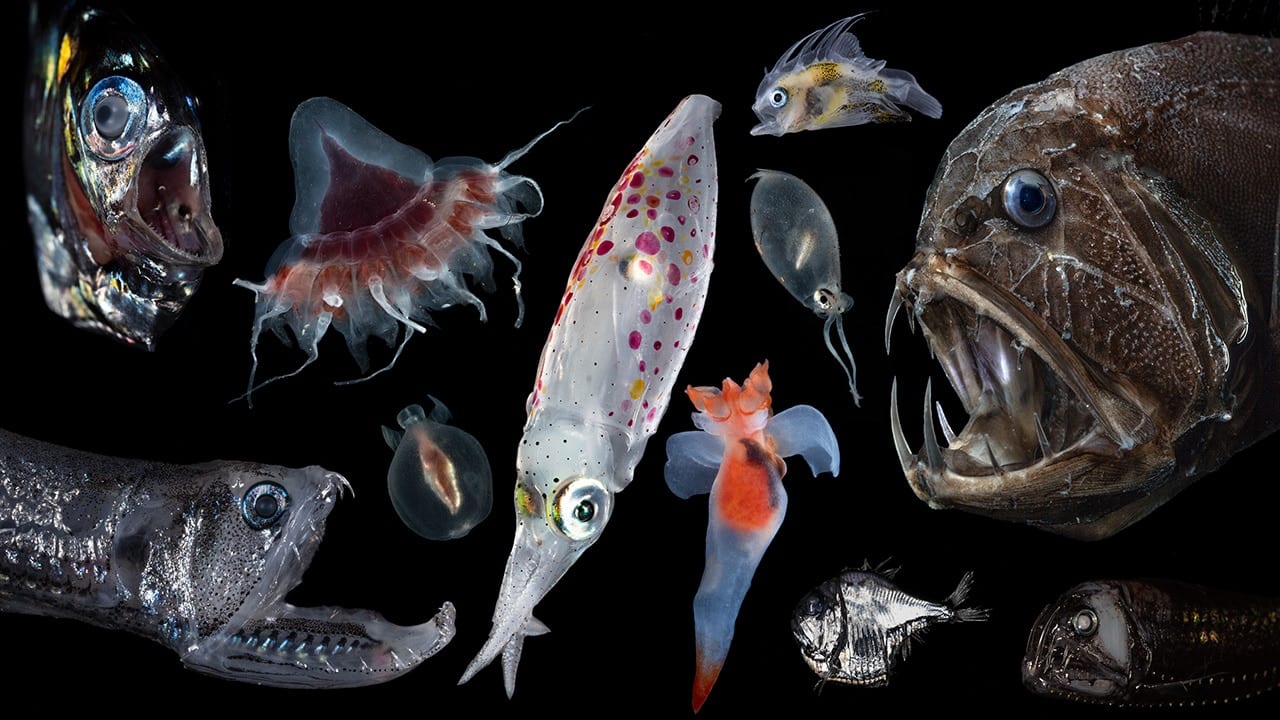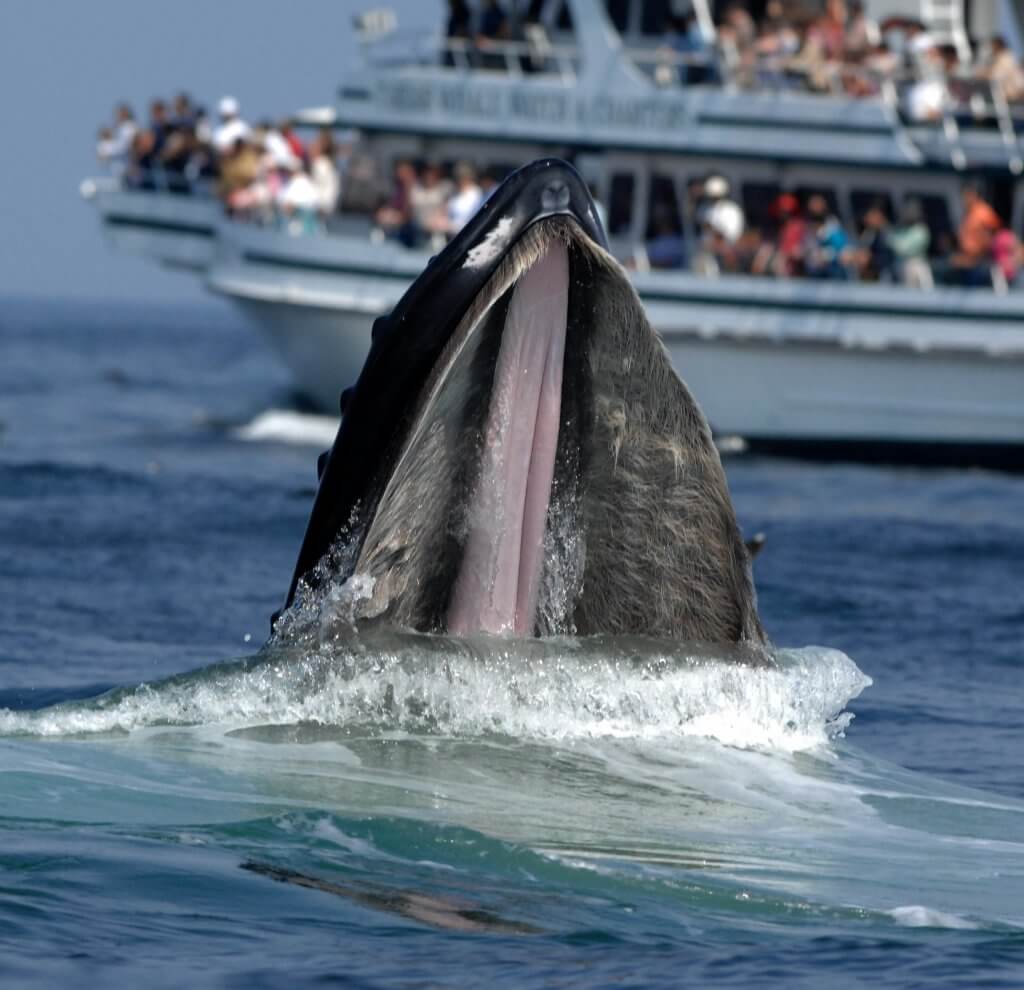Marine Animals Definition Biology

Marine biology is the study of marine organisms their behaviors and interactions with the environment.
Marine animals definition biology. When we talk about marine life the first thing that is likely to come to your mind is various species of fish. Marine environments are therefore the most common habitat on Earth. Archaeocytes- cells that move through the sponge.
What is Marine Biology. Marine biology is the study of marine ecosystems marine organisms and human interactions with these environments and species. Marine biologists study biological oceanography and the associated fields of chemical physical and geological oceanography to understand marine organisms.
These organisms take many forms from the tiniest single-celled plankton to the largest animal on Earth the blue whale. It also deals with airborne and terrestrial organisms that depend directly upon bodies of salt water for food and other necessities of life. But marine biology is so much more than making a dolphin -- or sea lion -- follow commands.
Marine biology the science that deals with animals and plants that live in the sea. This type of pollution occurs when human activities notably the use of fertilizer on farms lead. As a marine biologist you may study a wide range of topics from the behavior physiology and ecology of specific groups of organisms to the interactions between human activity and aquatic environments.
Marine biologist definition is - a scientist who studies life in the sea. It is the largest and most diverse biome in the world. A thin colorless transparent oil that forms a waxy material when it comes into contact with air.
In this context the word marine is interchangeable with saltwater. Osculum- large opening that lets water out. Given that in biology many phyla families and genera have some species that live in the sea and others that live on land marine biology classifies species based on the environment rather than on taxonomy.



















